published in Issue Four
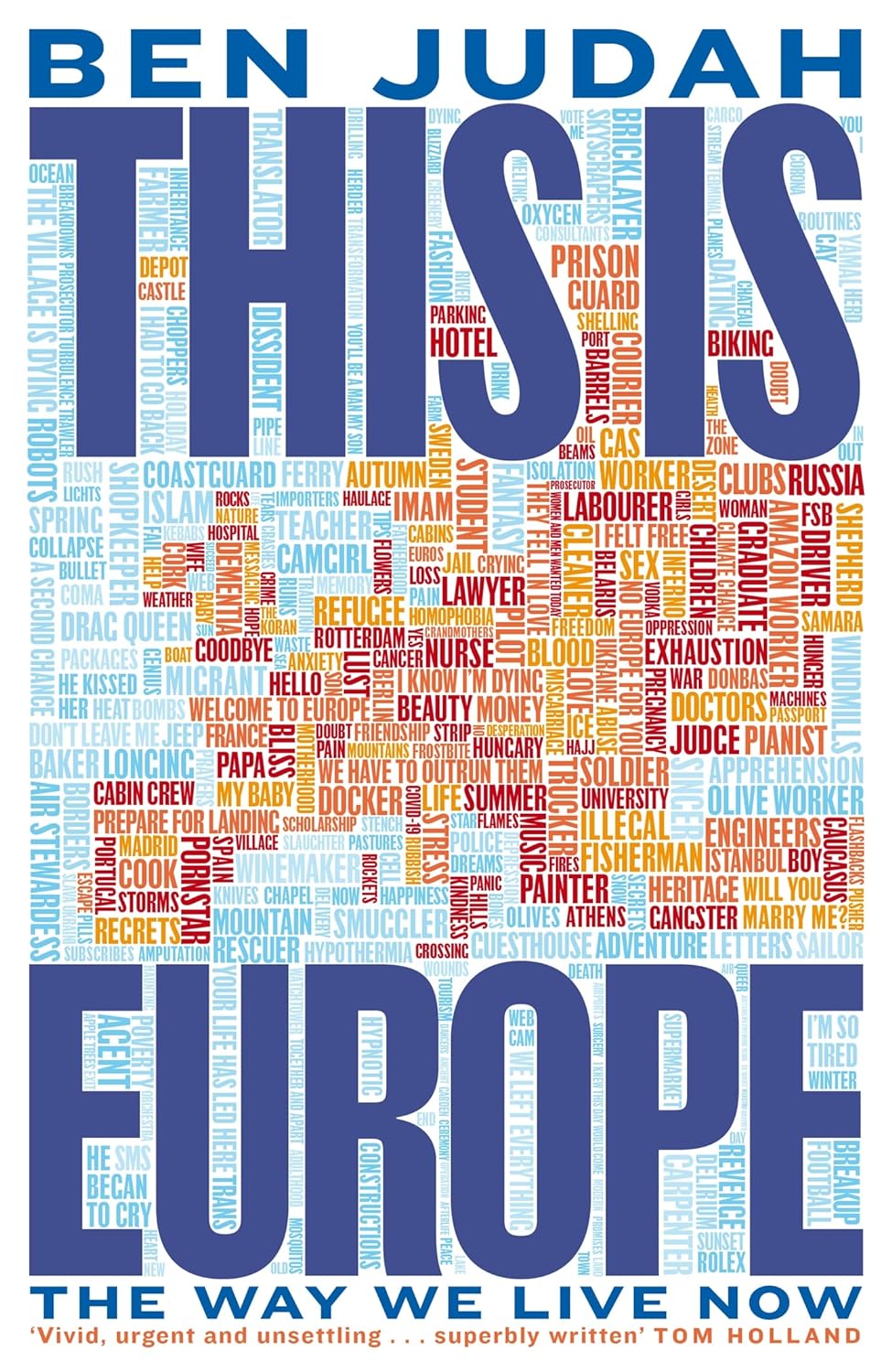
(Pan Macmillan, 2023)
In his new book, Ben Judah has assembled a broad cast of characters who almost all speak to a solitary woe. This is Europe depicts a continent of islands, hollowed of associational life.

How should we understand a region of nearly 750 million people? It’s a number that seems to repel analysis. For Ben Judah, a Franco-British journalist and author of This is Europe, the truth is in self-contained details. Judah’s sprawling, impressionistic, occasionally exhilarating book provides 23 journalistic vignettes drawn from the fringes of the continent. He avoids ideas, abstractions, visions. Written in the intimate, almost confessional register of the second-person, the wall between reader and subject is breached on the first page. « You live in a continent of seven hundred and forty-eight million people, » Judah tells us. « You catch glimpses of it. You fly. You drive. You work. You wake up somewhere else. » And so we are catapulted into narratives which rest upon the force of raw experience: a fisherman looking for endangered Patagonian toothfish tries to kill himself after being caught by Spanish police, a 36-year-old Irish woman is confronted with a terminal cancer diagnosis, a group of Afghan refugees nearly burn to death on a Greek shoreline, a Romanian lorry driver is haunted by the smell of piss and shit, a Slovenian girl funds her studies by stripping in front of a laptop. This, he tells us, is Europe.
If many analysts have, perhaps spurred by Russia’s invasion of Ukraine, come to a belated recognition of the increasing importance of Europe’s peripheries, Judah has been there for years. Long fascinated by Europe’s shadow populations, Judah’s 2018 book This is London revolved around the stories of tracksuited Lithuanians lounging in cafe-grills in Beckton and the Turkish shopkeepers who roast rat in the back alleys of Tottenham and Haringey. In his latest work, he takes us one step further, tracing many harrowing, seemingly improbable routes to Europe. Judah’s characters are not sociological types but individuals: Jelle from Rotterdam, Nora from Liepāja, Jean-Marc from Meursault. They swallow sand as they cross deserts, run with frost-bitten feet through the Alps, crawl to comrades under Russian artillery fire. A chapter titled « Briançon » spends most of its time in the Ivory Coast city of Abidjan where we meet Brico, « slumped in the gloom, his worried face lit with the phone, » who escapes to Europe with his infant child in order to flee the city’s violent gangs. In another, Judah describes a laborer building a liquefied natural gas port at Sabetta, a Siberian town on the Yamal Peninsula. « So you keep going. Face inside your mask, » he writes, « trying to focus on the installation. On building what you need in this impossible place. This place that doesn’t want you. That wants to spit you out with the bugs and the salt water and the sandy clays that cover you everywhere and every day. But you keep going. » Over six years and hundreds of hours of interviews, Judah has attempted to serve as a stenographer of the human heart in, often, inhuman conditions.
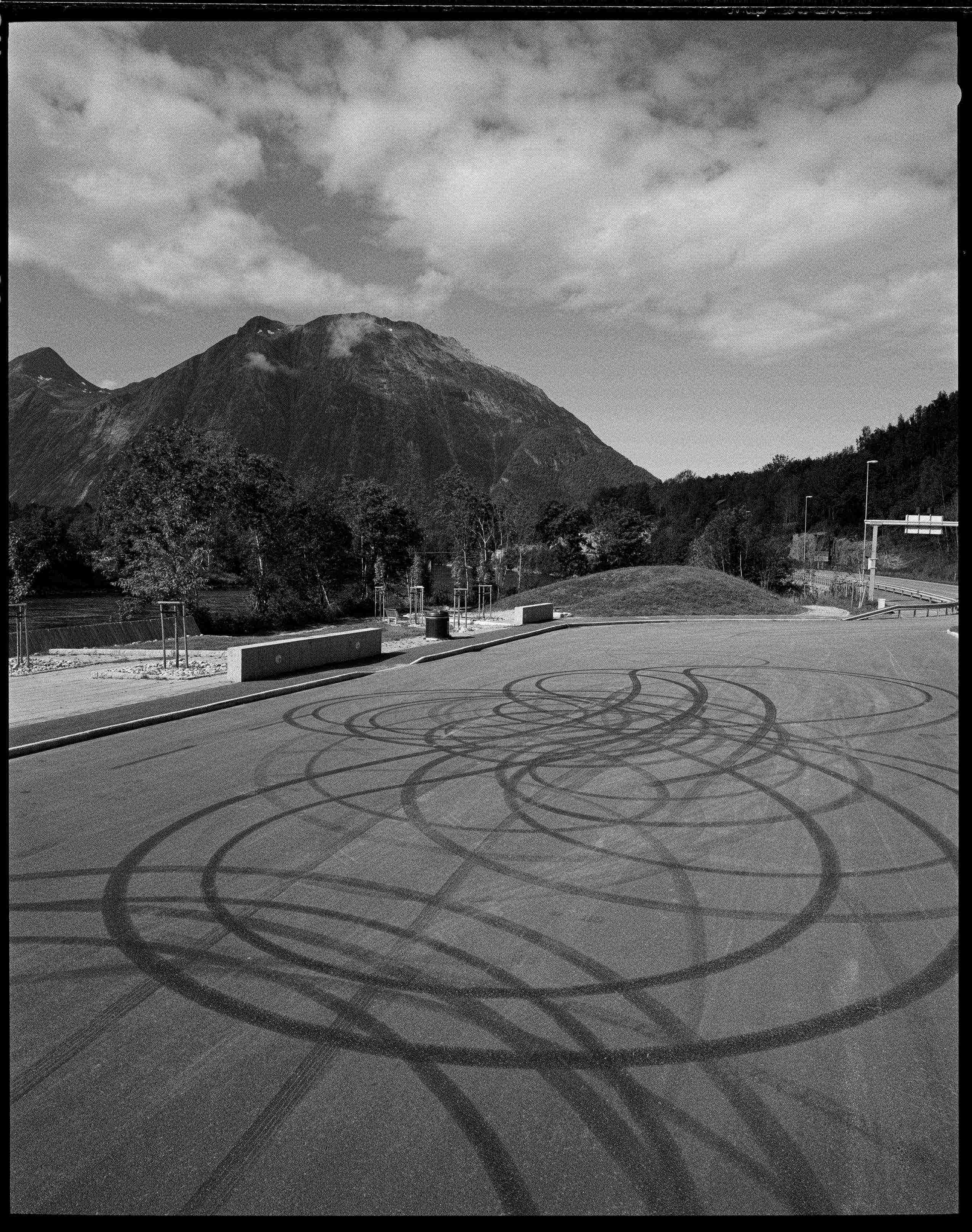
Norway, 14 August 2008, by Yamandú Roos
Such tough-minded realism is a welcome change from the misty, over-moralized discourse that dominates so much discussion on European affairs. There is no eulogizing a golden European past, what Judah calls the Europe of « castles … and Roman ruins ». Nor are we subject to policy lectures from Brussels Eurocrats, central bankers, or newspaper pontificators. It’s good for the pencil-necks to learn how the other half lives, of course. But to what end?
« No man is an island, » Barack Obama told Britain on the eve of its Brexit vote. He was wrong. Judah has assembled a broad cast of characters who almost all speak to solitary woe. This is Europe depicts a continent of islands, hollowed of associational life. This pervasive, desperate loneliness is really an absence of social and political order, a vacuum unspoken but always present. It is the driving force of the book. Except for a pair of chapters chronicling a Belorussian dissident and his wife’s attempts to escape their country, characters do not recur. There is no Dickensian tapestry in which narratives intersect. Isolation is one of the few through-lines Judah has given us to hold onto. And perhaps this is the point: the peripheries of Europe have been thoroughly depoliticized and atomized.

Bir Hakeim and Ohaba, by Yamandú Roos
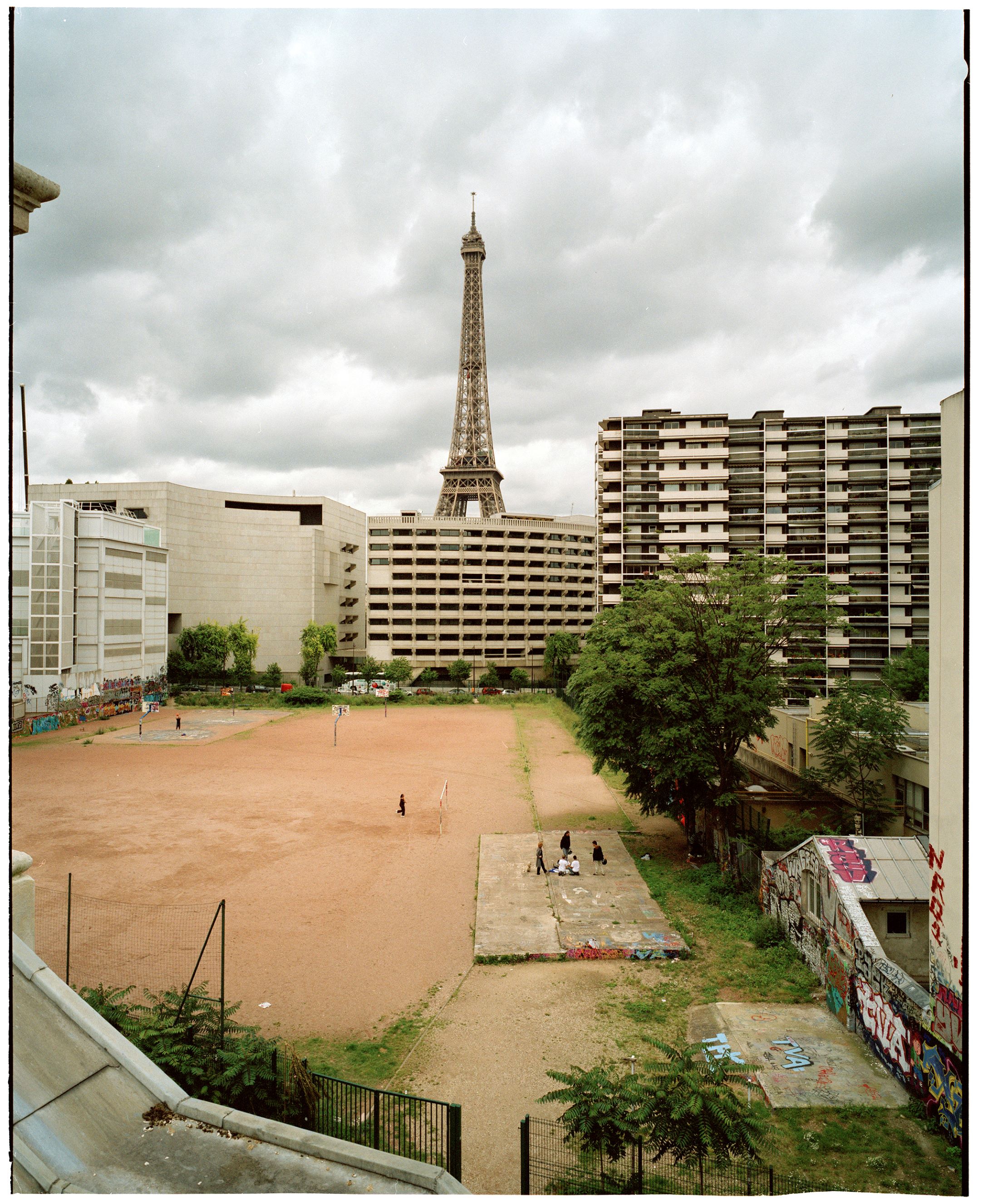
If politics is a vision of the future, the book is trapped in the present. Every entanglement is dramatic, every detail sweltering with meaning. Characters have nightmares; they break into tears, sweats, shivers. Their blood freezes. The result is a relentless velocity. « It was all swirling fast and through him, » Judah writes, capturing the effect of Paris upon a young French winemaker. He distills a Syrian refugee’s harrowing trek from Latakia to Storkow into a disorienting haze of memories. « It all passed in a blur, » she says. Strewn about by the faceless forces of history: war, migration, globalization, climate catastrophe, Judah’s Europeans struggle to maintain their sense of self. The wife of the Belorussian dissident wonders, « how has it ended up like this? » as her husband crawls into Lithuania under the cover of darkness. « How had it come to this? » the Romanian lorry driver similarly asks himself after being gassed by French-Arab thieves and left to walk home alone from a police station.
There are glimpses of hope, even beauty: whispering Koranic Hadiths on the Autobahn while doing Amazon runs, savoring self-made wine in a French village where a family has lived for six generations, or finding queer liberation in Berlin. Judah’s dispatch on the war in Ukraine, one of the best in the book, reflects the otherworldly terror of battle. He describes a swamp « where everything is green, a strong, bright green; where the mist clings for a while after dawn; where if you blink it can feel a little out of time; like a woolly mammoth, like a German tank, could appear between the reeds. » Support networks, often formed among fellow refugees or small groups of friends and family, lurk in the book’s shadows, but Judah’s focus is elsewhere. His subjects mostly speak to themselves as they silently pass through the civic spheres of Europe. He has given us a depiction of what a disenchanted Europe feels like, and reading the book with clenched teeth eventually becomes painful. The reader is presented with a Europe shorn of memory and politics, of past and future. It is a stunted place.
Judah has said that journalism is often done best by Americans, and there are hints in his writing of the great chroniclers of American cacophony, like Gay Talese, Joseph Mitchell and Studs Terkel. But the joy of these writers was their ability to capture the cadences of the people they interviewed, how the music of their language was all their own. And yet, despite the vast array of experience in Judah’s pages — « I was filling in this enormous puzzle that was sociological, anthropological, regional, racial class-based, » he said in an interview with Jewish Insider — the language of his characters bears a striking repetitiveness. In Homyel, « anxiety crumpled his face. » In Avignon, « he felt tense. He felt it in his stomach. » In Ruckla, « he felt the walls of that narrow space closing in on him. » In Corrubedo, « Graña was shaking. He was collapsing. » In Berlin, « the horror felt like nails digging into him. » The word « cold » appears 67 times, making an appearance in almost every chapter: « A cold sweat », « cold nerves », « that cold feeling », « that cold moment », « cold hands grasping on to him », « a cold, beautiful, mounting rush », « a strange cold », « you feel cold, you feel hot. » Europe, it seems, is experiencing a collective anxiety attack.
Why the sameness? One answer — beyond the fact that some of the interviews were conducted remotely and in translation — is that isolation often becomes numbing. Contra Tolstoy’s dictum, the European family seems unhappy in all the same ways.
This is Europe revolves around a cluster of universal human emotions: alienation, fear, loss, devotion, duty, work, sex and love. That these human dramas occur in « Europe » seems incidental to the book. And that is how it must be, because Europe is a fantastic generalization, whereas the book is focused, perhaps obsessed, with concrete specificity. To speak of Europe coherently — as an idea rather than just a conglomeration of particular souls — is to play make-believe. The book revolts against its title. Europe is everything, and thus it is nothing.

The relationship between rulers and citizens in Europe is breaking down. The elites of the European Union and the regime they oversee have proven incapable of reaching much of the continent’s population. It’s a point Judah has made in his magisterial character studies of European Central Banker Mario Draghi and European Commissioner Ursula von der
Dereköy Sınır Kapısı and Dovrefjell—Sunndalsfjella National Park, by Yamandú Roos
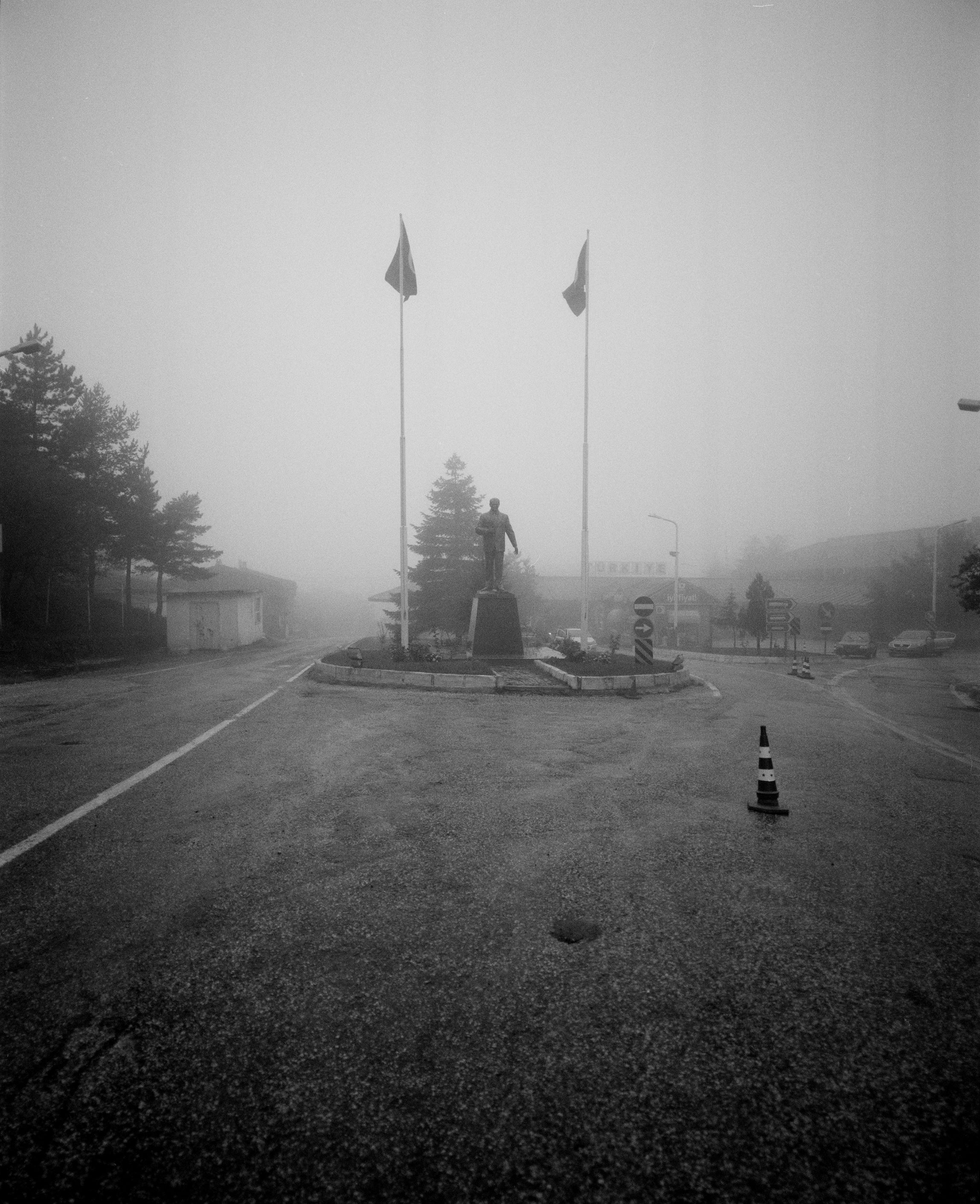
If a shared understanding of European as something coherent sounds preposterous, it hasn’t always been so. At dawn on 4 November 1956, as Soviet tanks rolled into Budapest, a Hungarian newspaperman sent a frantic telex to western diplomats concluding, « we are going to die for Hungary and for Europe ». The story, perhaps apocryphal, was reported by Milan Kundera in his 1984 essay « The Tragedy of Central Europe ». Despite its title, the essay reflected a certain European dream: Kundera, who died at 94 in July 2023, spent much of his life searching for the « supreme values » that could bind Eastern and Western Europe together. His vulnerable slice of Europe — small states and small peoples for whom national existence was a question rather than a certainty — would anchor a spiritually adrift West which had forgotten itself. At the same time, the West’s political and economic might would provide a guarantor of military and geopolitical security to the historically vulnerable East.
Kundera was part of a generation of European thinkers — which included Vaclav Havel, Czesław Miłosz, Jan Patočka, and Tony Judt — for whom Europe was not merely a place but an idea. Havel characteristically called for a European community of nations with a « renewed rootedness in the universe, a newly grasped sense of higher responsibility, » and a politics based on « the moral order that stands above us ». This vision was elevated, abstract and moralistic. But it was also born out of vulnerability to particular historical realities: the wars of the twentieth century, Soviet occupation of eastern lands and, subsequently, a deep sense of abandonment by Europe’s western half. Based on these hard-won lessons, the East had gained unique political culture unavailable to Western Europeans, who had undergone a dramatically different historical trajectory, particularly after 1945. Havel and Kundera (despite their personal animosity) put forth a notion of common humanity bracketed into particular geographic space.
For a brief moment, political activists across Eastern Europe flocked to this vision of Europe. In Poland, where the Solidarity labor union was turning into a mass movement of civil resistance against the Soviet authorities, Havel’s essay The Power of The Powerless became a fundamental text. « Reading it gave us a theoretical underpinning for our activity, » wrote Zbigniew Bujak, a Solidarity activist. « It maintained our spirits; we did not give up. »
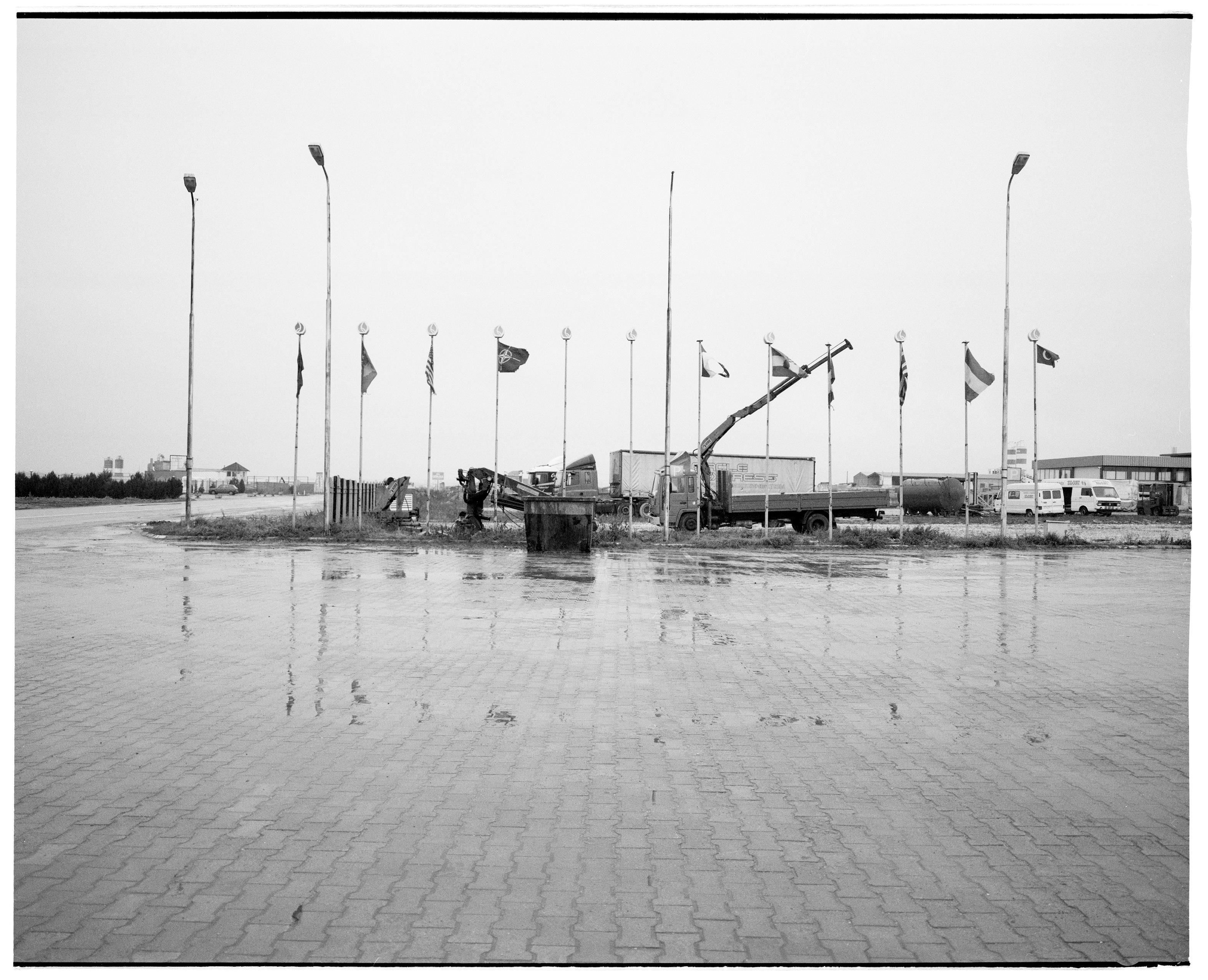
Pristina, Kosovo, 18 October 2009, by Yamandú Roos
Such momentum, however, was fleeting. While philosophically potent, this vision was politically disastrous, alternating between farce and tragedy. Before a joint session of the U.S. Congress three months after the fall of the Berlin Wall, Havel pronounced that « consciousness precedes being, and not the other way around, as the Marxists claim. » The group of assembled law-makers broke into hearty, if befuddled, applause. Back in Eastern Europe, no moral revolution was occurring. Instead, the years of post-Communist transition were characterized by chaotic political and economic dislocation. Corruption ran rampant, and public trust in civil society plummeted. It was Václav Klaus — a former Communist apparatchik — rather than Havel, who would come to represent Eastern Europe’s post-transition politics. Klaus, who governed the Czech Republic in the chaotic twilight period after the fall of Communism, was a member of the « nomenklatura », a term which describes the bloated body of political elites who ruled the various Soviet republics. Known as either a neoliberal evangelist or a corrupt bureaucrat whose only ideology was his own power, Klaus represented base politics in all the ways Havel and Kundera feared.
And yet, despite their failure, Havel and Kundera recognized something crucial which Judah’s book unintentionally exposes: a disenchanted Europe is no place at all.

Judah has a lovely penchant for citing the great books of Jewish wisdom and said that while writing This is Europe, he often thought of the Talmudic concept that one can only draw conclusions after looking at something from multiple perspectives. But the Talmud’s many voices came together to weave a body of law for the future. One must — eventually — reach an answer. And this seems to be the task which follows from Judah’s book. Before policy and politics, there’s a need for a myth of Europe which assimilates the tremendous disorder and dislocation the continent has come to embody.
Myth is emotion turned into something more concrete: an organized expression of hope and fear. A story. Judah has shown the first half of this equation, which is alienation — emotion without order. Without the ballast of myth, politics becomes a kind of rudderless technocratic tinkering, and Europe becomes merely a collection of territories held together by transient interests, as perhaps it really is. « Do not be daunted by the enormity of the world’s grief, » the sages say in Pirkei Avot, a book of Jewish ethics. « You are not obligated to complete the work, but neither are you free to abandon it. »

Bir Hakeim, Paris, France, 24 April 2005, by Yamandú Roos
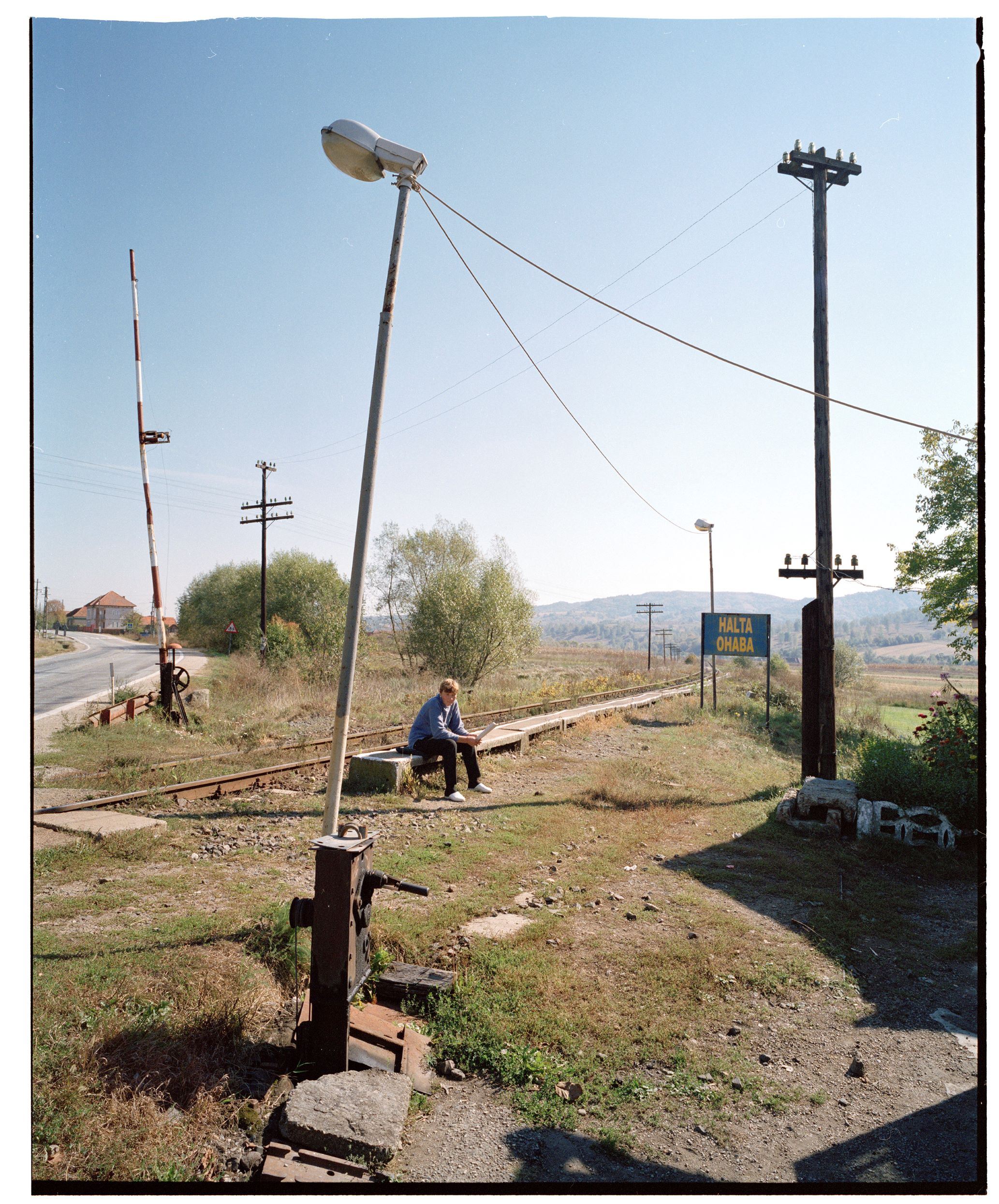
Ohaba, Romania, 5 October 2009, by Yamandú Roos

Dereköy Sınır Kapısı, Turkey, 19 September 2009, by Yamandú Roos
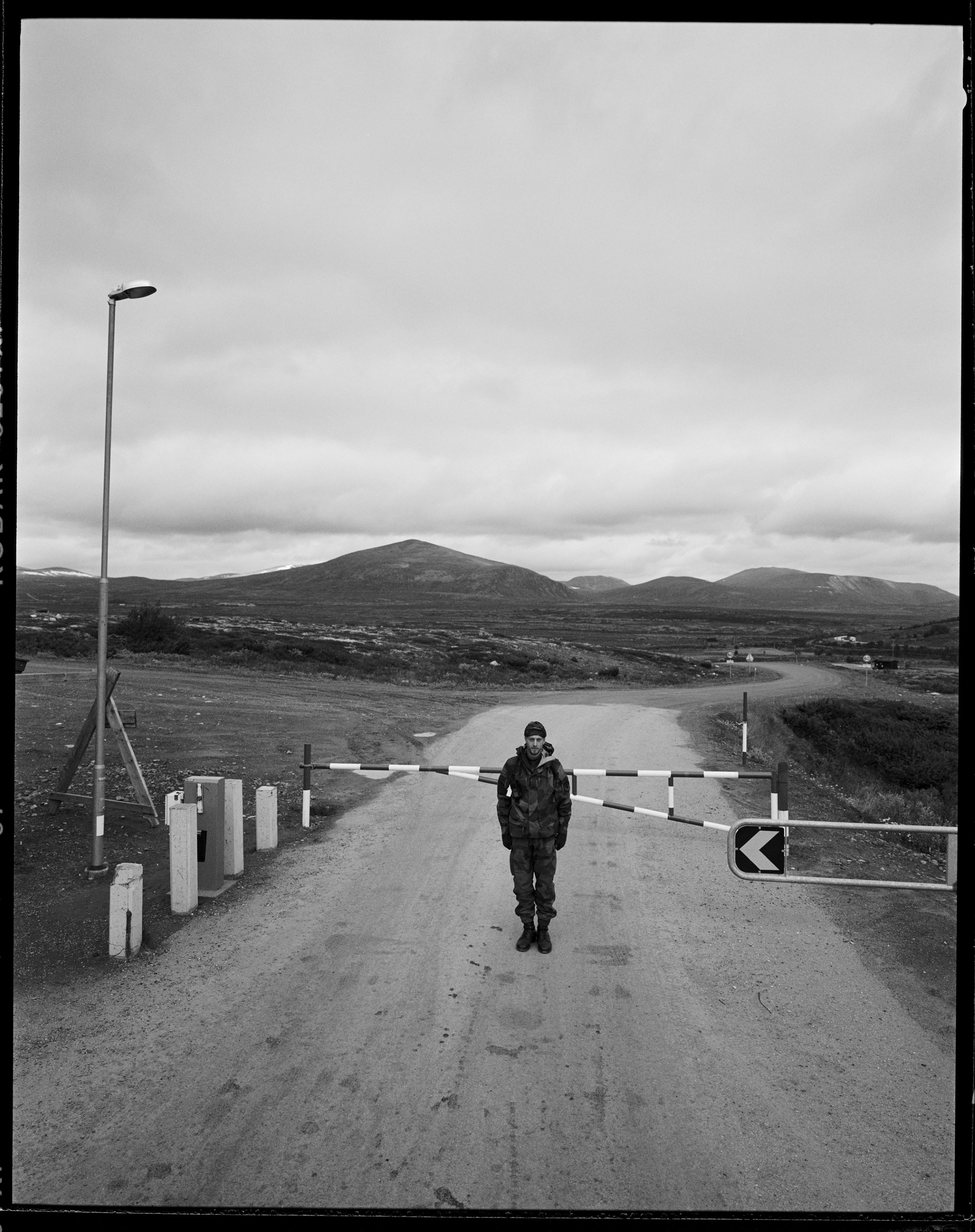
Dovrefjell—Sunndalsfjella National Park, Norway, 15 August, by Yamandú Roos
Both were longform magazine essays for The Critic Magazine.
